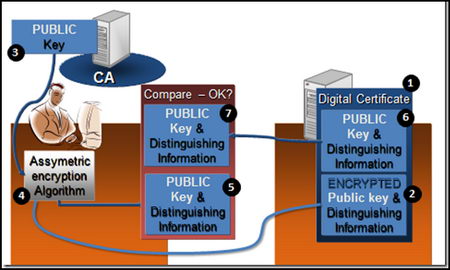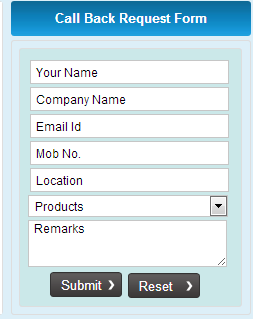
Digital signatures are used to verify that electronic messages and information have originated from the correct sender and to unavoidably confirm that information was not messed around with or updated throughout move starting with one place then onto the next. The complex algorithms utilized to make such signatures are to a great degree complex—to such an extent that they are more troublesome to manufacture than an individual’s genuine signature.
Unambiguous necessities apply to making a legitimate advanced signature for utilization, however. The National Institute of Standards and Technology (NIST) created a report that describes the specific algorithms that must be utilized to create a Digital signature. This Digital Signature Standard (DSS) documentation is accessible in our Information Technology (IT) Downloads. The paper illustrates the explanations behind utilization, application of, and the usage for a Digital signature.
According to the document:
This Standard characterizes systems for Digital signature era that could be utilized for assurance of parallel information (normally called a message), and for the confirmation and approval of the aforementioned Digital signatures. Digital Signature approved of three techniques. The first techniques of Digital Signature Algorithm (DSA, Second techniques RSA advanced signature calculation and third techniques of Elliptic Curve Digital Signature Algorithm (ECDSA).
What is a Digital Signature Certificate?
A Digital Signature Certificate is a computerized likeness physical or paper authentication. Driver’s license or visa is a sample of physical authentication. Digital Certificate serves as verified of identity of a single person for a certain reason as a driving permit is a proof of somebody who is legally qualified to drive in that nation. Additionally, digital certificate is a proof of identity to access information or online service and to sign certain records digitally. Like physical documents are marked manually, e-form which is utilized for organization arrangement, e-filling and so forth is signed utilizing Digital Signature Certificate. Information Technology Act, 2000 accommodates the useing of Digital Signatures on the documents submitted in electronic form in order to security and authenticity. Signature by approved individual is required for any filings done by organizations under e- governance program.
Using of Digital Signature for sending and receiving digitally signed and encrypted mails, For carrying out secure web based transactions, e-filing income tax returns, submitting e-tendering, e-filing, e-procurement, For signing documents like MS-Word, Excel, PDF and For other functions in a paperless operation.
Class of Digital Signature: –
Digital Signature Class 2: The identity of a person is verified against trusted pre verified data.
Digital Signature Class 3: The person has to be present in front of the registration authority and prove his identity. Either class of the digital signatures is required for e-filing.
Digital signature certificates are issued for a period of 1 or 2 years and are renewable on expiry. The price of digital signature certificates depends upon the Certification Agencies. The expense incorporates a USB token, cost of issuance and renewal require after the time of legitimacy.
Listed below are the Certification Agencies of Tata Consultancy (TCS), National Informatics Centre (NIC), IDRBT Certifying Authority, eMudhra, NCode Solutions, MTNL Trust Line, Central Excise and Customs.




Leave a comment